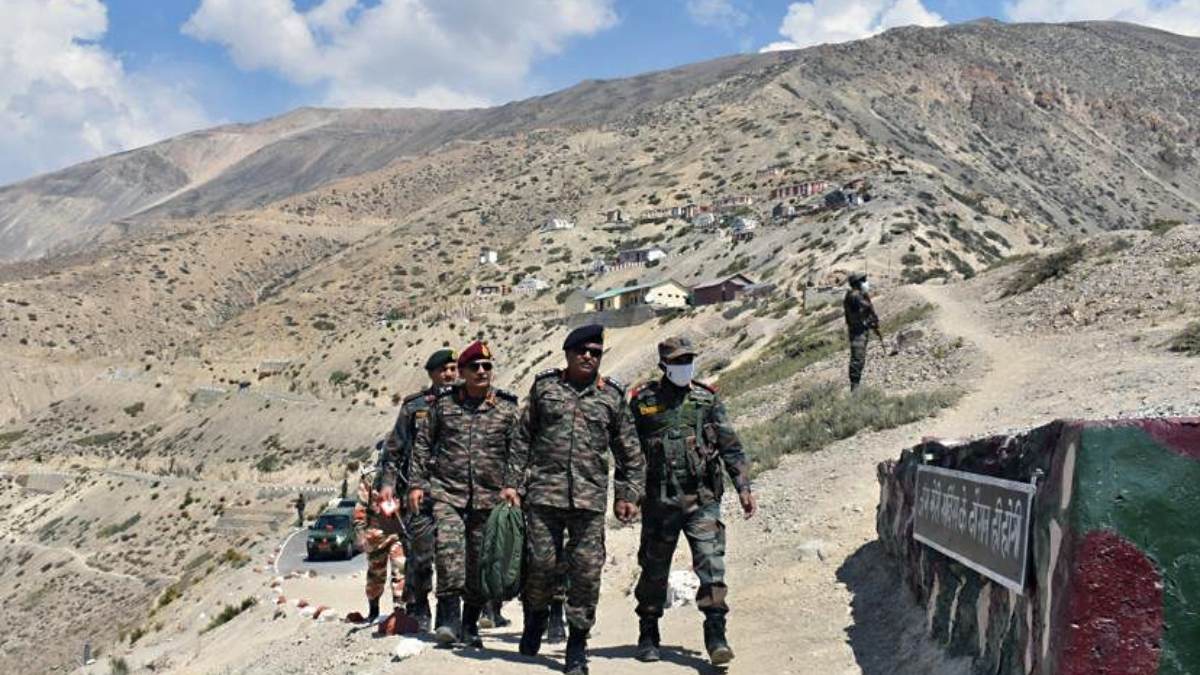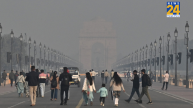After Indian Prime Minister Narendra Modi and Chinese President Xi Jinping met in the Russian city of Kazan and discussed bilateral ties, the ground realities on the border areas too have improved considerably.
The two countries’ troops started disengagement at two friction points in Demchok and Depsang Plains in the Eastern Ladakh sector. After the high-level diplomatic and political talks were held between the mandarins of the two countries, the plans for troop withdrawal were drawn.
After the agreement was reached, the Indian troops started pulling back equipment to rear locations in the respective areas.
Rajnath Singh: Based On ‘Ground Realities’
India announced on October 21 that it had reached to an agreement with China on patrolling along the Line of Actual Control (LAC) in eastern Ladakh. Confirming the deal that would end the four-year-long military standoff between the two countries on October 24, Defence Minister Rajnath Singh said the two countries had reached a consensus to restore the “ground situation” based on the principles of equal and mutual security.
He also said that the deal includes restoration of “patrolling and grazing to traditional areas”. Singh said further that the progress in ties to the “power of engaging in continuous dialogue because, sooner or later, solutions will emerge.”
Talks At Diplomatic, Military Level
The Defence Minister said, “India and China have been involved in talks both at diplomatic and military levels to resolve their differences in certain areas along the LAC. A broad consensus has been achieved to restore ground situation based on the principles of equal and mutual security.”
The thaw in the relationship became evident when Prime Minister Modi met Chinese President Xi Jinping on the sidelines of the BRICS Summit in Russia and welcomed the agreement reached between the two countries on patrolling arrangements along the LAC in eastern Ladakh.
He also said that maintaining peace and stability on the border should remain a priority of the two countries and mutual trust should remain the basis of bilateral ties.
What Did Foreign Secretary Say?
Talking to the journalists on the sidelines of the BRICS summit in the Russian city of Kazan, Foreign Secretary Vikram Misri said that during the meeting of Prime Minister Narendra Modi with President Xi Jinping the two leaders “welcomed the agreement reached between the two sides through sustained dialogue over the last several weeks in diplomatic as well as military channels.”
He told news agency ANI, “PM Modi underscored the importance of not allowing differences on boundary-related matters to disturb peace and tranquillity on our borders. The two leaders noted that the special representatives on the India-China boundary question have a critical role to play in the resolution of the boundary question and for the maintenance of peace and tranquillity in the border areas.”
‘Peace For Normalisation Of Relationships’
Emphasising the talks and the thaw in the relationship, Misri said, “The restoration of peace and tranquillity in the border areas will create space for returning us towards the path of normalization of our bilateral relations. Officials will now take the next steps to discuss enhancing strategic communication and stabilizing bilateral relations by utilizing the relevant official bilateral dialogue mechanisms, including at the level of our respective foreign ministers. “













